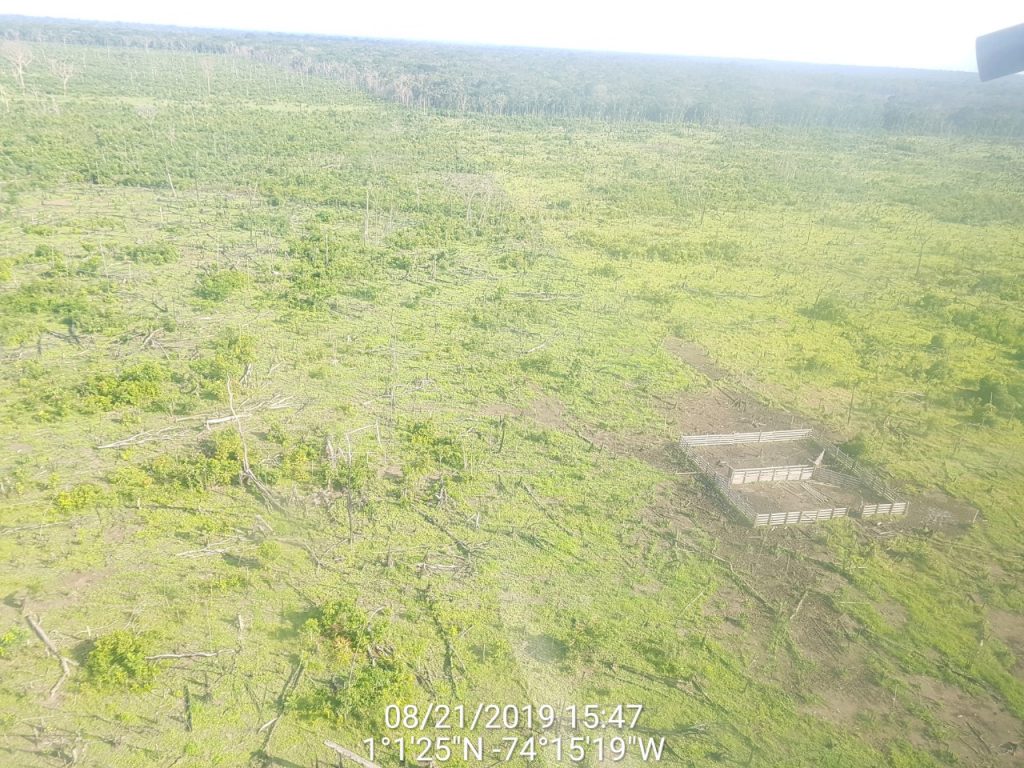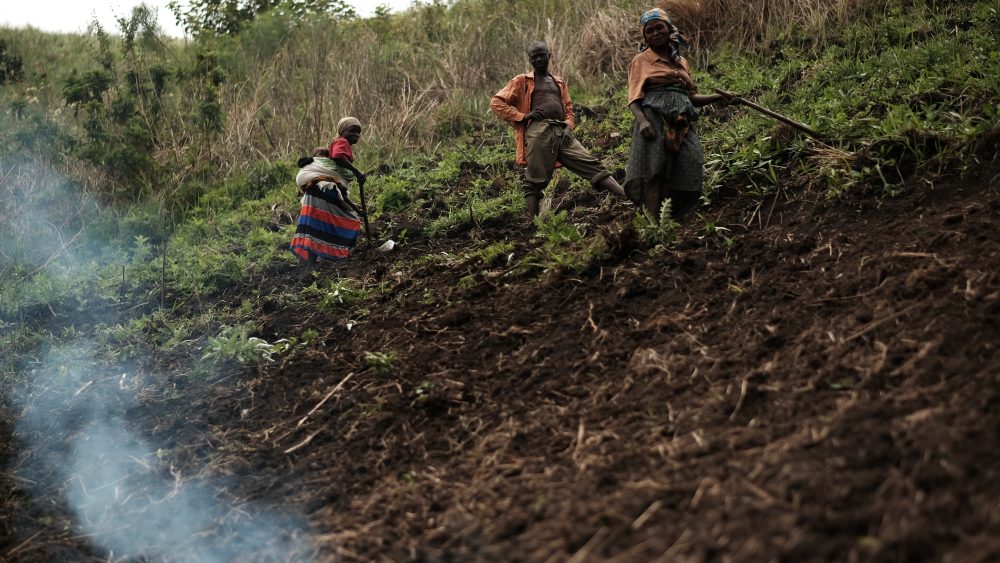From the Amazon forest and the Andean mountains in Colombia to the vast plains and valleys in northern Uganda, The Nature of Peace research group will explore the connection between the peace processes and the ongoing environmental changes and their social and human rights implications in these two post-conflict societies.
For the next three years, our interdisciplinary research team – with members from Lund University, the Raoul Wallenberg Institute of Human Rights and the University of Gothenburg – will investigate how peace peacebuilding impacts the natural environment and how, in turn, environmental concerns are integrated into stabilization policies of these two countries.

Both cases bring relevant insight into the environmental peacebuilding research agenda. On the one hand, Colombia and Uganda have similar trends regarding low environmental awareness and dominance of resource-exploiting preferences and discourses. On the other hand, they provide geographical diversity with their embeddedness in two world regions, Latin America and Sub-Saharan Africa, respectively. Additionally, we expect novel and timely insights considering the recent post-conflict phase in Colombia since 2016; and more longstanding outcomes from the peace processes in Uganda, where the stabilization period has taken place since 2007.
For both countries, we mainly inquire to which extent there are concerns of environmental protection integrated or neglected in the post-conflict peacebuilding process? To gain a deeper understanding, we aim to identify the major drivers and conditions underlying this integration or neglection.
Consequently, we will also investigate the impacts of these considerations on the natural environment, livelihoods of local communities, vulnerable groups and on political conditions that also influence peace itself. With this knowledge, we expect to compile helpful lessons for societies that have similar situations in the present or the future.
Initially, we have selected specific protected areas and their buffer zones for our fieldwork in Colombia and Uganda. In 2020, four researchers (two scholars per country) will conduct interviews and focus groups with key social groups and institutions, narrative and transect walks in different areas, and workshops with community members.
We expect novel and timely insights considering the recent post-conflict phase in Colombia since 2016; and more longstanding outcomes from the peace processes in Uganda.
The Nature of Peace Project
Along with fieldwork, we will develop a spatial analysis to understand land-use changes in the areas under studied; and will also conduct legal and policy analyses. During these years, we will collaborate with researchers, universities and international cooperation agencies in Colombia and Uganda.

With this exciting research journey, we expect to provide comprehensive theoretical frameworks and systematic comparative empirical analyses for the intersection between post-conflict peacebuilding and the environment and the communities depending on it.
At the same time, we seek to contribute to prevent further negative consequences for the natural environment and current and future generations once protracted violent conflicts come to an end.
Our research team
Researchers
Fariborz Zelli (Project leader)
fariborz.Zelli@svet.lu.se
Sandra Valencia (Colombia case)
sandra.valencia@chalmers.se
Torsten Krause (Colombia case)
Torsten.Krause@lucsus.lu.se
Maria Andrea Nardi (Uganda case)
maria.andrea.Nardi@rwi.lu.se
Joshka Wessels (Adviser)
joshka.wessels@cme.lu.se
Britta Sjöstedt (Law and policy analysis/Colombia case)
britta.sjostedt@jur.lu.se
Micael Runnström (GIS Analysis/Uganda case)
micael.runnstrom@nateko.lu.se
Alejandro Fuentes (Law and policy analysis)
alejandro.fuentes@rwi.lu.se
Research assistants
Laura Betancur (2019-2020)
Alice Kasznar Feghali (2019-2020)

